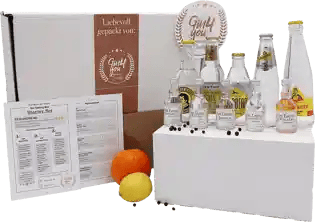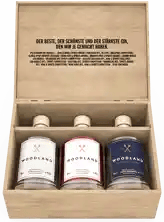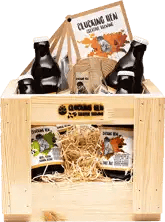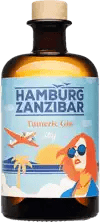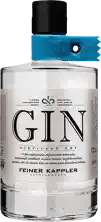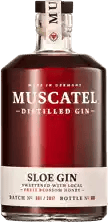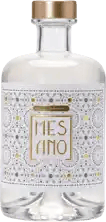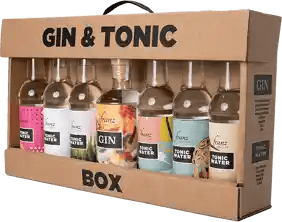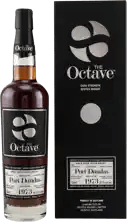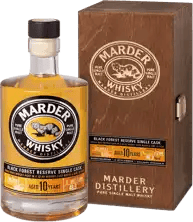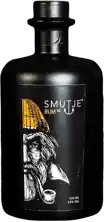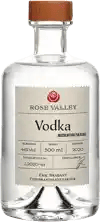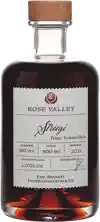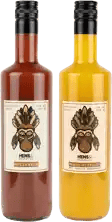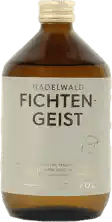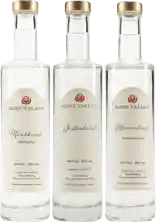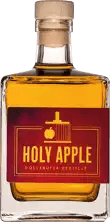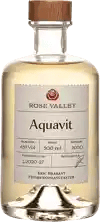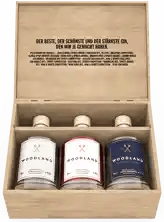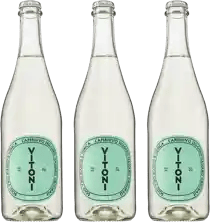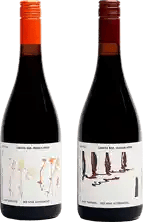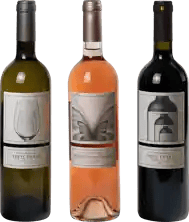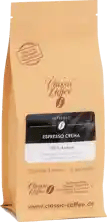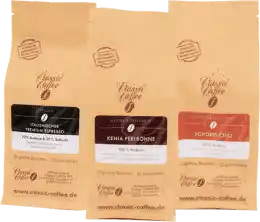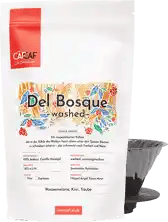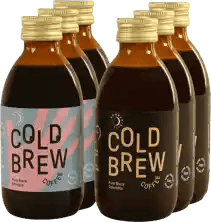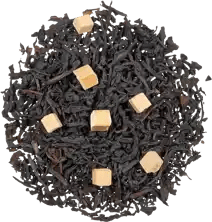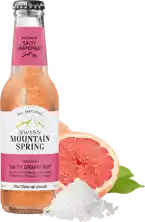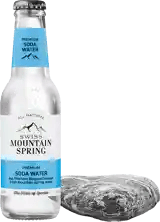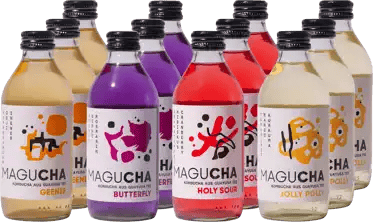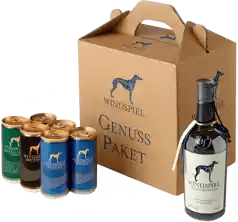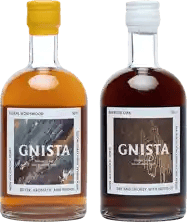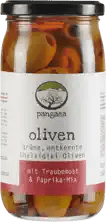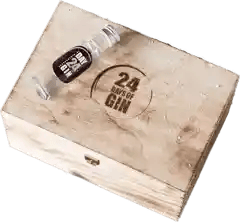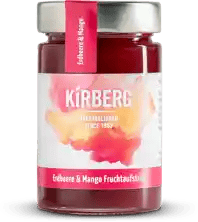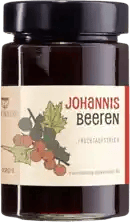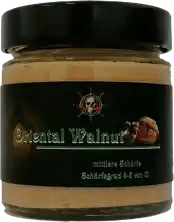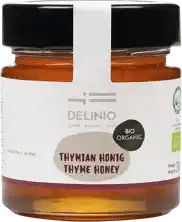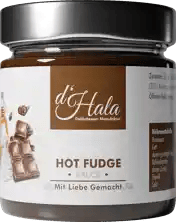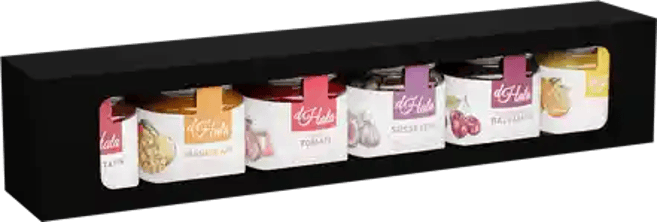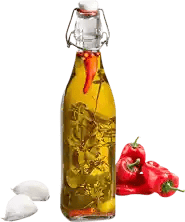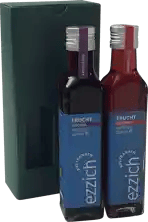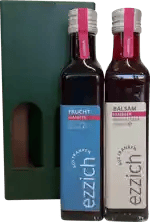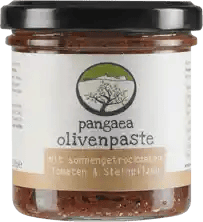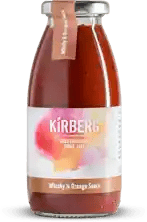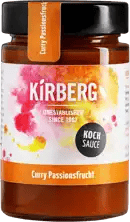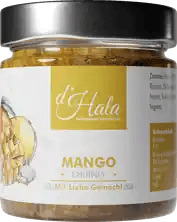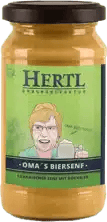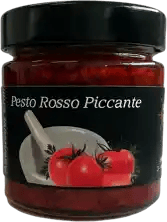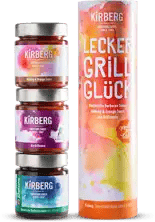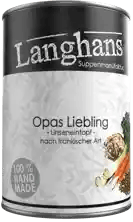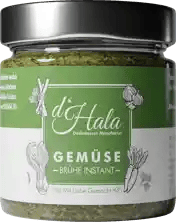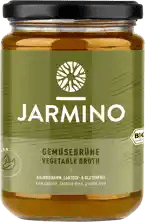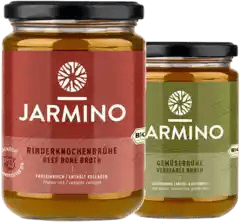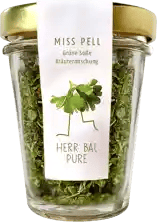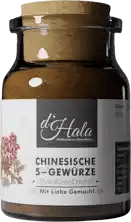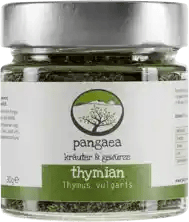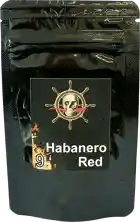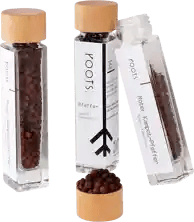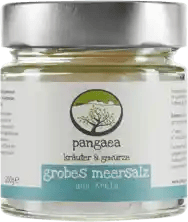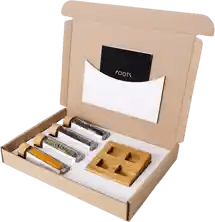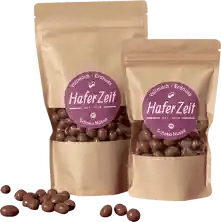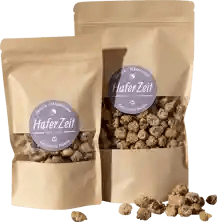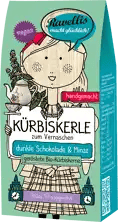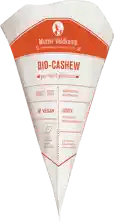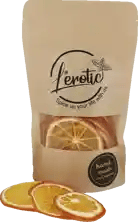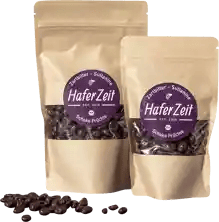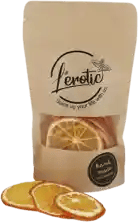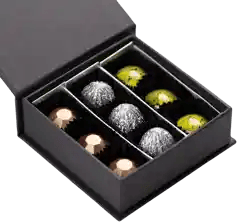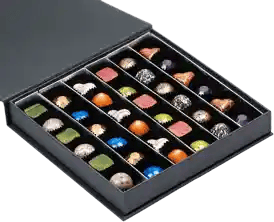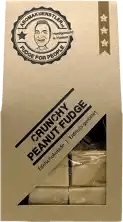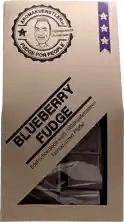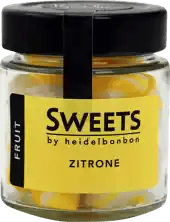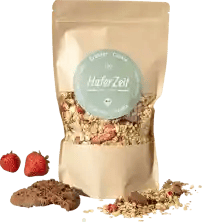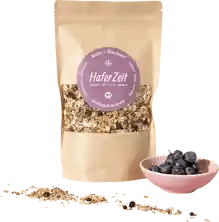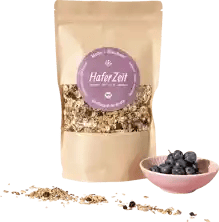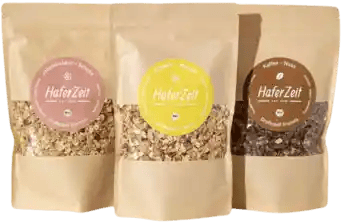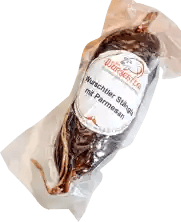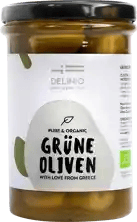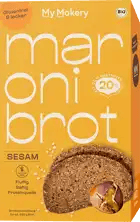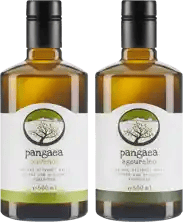Quality instead of quantity!
6,000 independent products
No mainstream
6.000 independent products
Spirits without alcohol - sounds weird, but that's exactly the new trend
In recent years, non-alcoholic spirits such as gin, whisky and rum have experienced strong growth in Germany and Europe. More and more young people want quality products without alcohol and are prepared to spend more money on high-quality spirits, beers and wine.
As supermarkets generally only sell standard products, there is a growing trend to buy non-alcoholic drinks such as beer, wine and spirits online - because the selection in online drinks stores is greater than in stores.
Gin, rum, whisky, wine & sparkling wine without alcohol?
Now, of course, wine, beer and spirits producers have had to get creative. Alcoholic drinks normally contain alcohol - surprise! And that was always the intention. Drinks such as wine, beer and spirits are produced by fermenting sugar into ethanol, i.e. potable alcohol. To do this, raw materials containing carbohydrates are mixed with yeast, which are broken down into alcohol and carbon dioxide during alcoholic fermentation.
It is precisely this process that produces all the important aromas that make our beer and wine so delicious. You know grape juice. But if you ever have the opportunity to drink "beer" before it becomes beer, you will be amazed at how far removed the taste is from the actual beer. At this stage, the beer liquid is called "wort". This is created when brewing malt and water are mixed and heated so that the starch contained in the brewing malt (i.e. grain) is converted into malt sugar. This malt sugar then turns into alcohol and carbon dioxide during fermentation. It is the same with grape juice, which is fermented to make delicious and very different tasting wine.
For many spirits, alcohol is particularly important as a flavor carrier. Alcohol is extremely preservative. If you ever have a bottle of clear vodka, grain or other grain spirit at home, you can put some spices or fruit in this bottle for a few days. After a short time, the alcohol will change color and take on the taste of your ingredients. This is why alcohol is so important for liqueurs or gin.
With gin, botanicals (spices, fruits, herbs) are added to a neutral alcohol. This neutral alcohol then extracts the flavors from the ingredients. So making good alcohol-free gin is not easy at all. Laori Juniper No 1, which you can buy from us, also faced this challenge.
Spirits and wine without alcohol
Alcoholic spirits and other alcoholic beverages are created by the production of alcohol - okay, so far so good. So how do you get the alcohol out of the drink? A classic approach is to make a gin, beer or wine and then remove the alcohol from the drink. This is how it works with some non-alcoholic beers, for example.
The problem with this process is that as the alcohol is removed, many of the defining flavors disappear. We've all had a non-alcoholic beer that doesn't taste much like beer at all. It is therefore more common to slow down the alcoholic fermentation with less active yeasts and/or to stop the fermentation before the 0.5% alcohol limit by removing the yeast from the liquid or otherwise killing the yeast.
Non-alcoholic spirits - how does the production process work?
In the case of alcohol-free gin, for example, Laori Juniper No 1 has developed a system to remove flavors completely on a water basis. A major trend in beer and non-alcoholic wine, on the other hand, is newly bred yeasts that have a very low degree of fermentation. To be considered alcohol-free, these yeast varieties simply stop their biochemical activity at less than 0.5% alcohol. These yeast strains are constantly being developed and improved so that a full-bodied taste is achieved despite lower fermentation.
novino, for example, is particularly innovative in producing alcohol-free wine alternatives. The grapes are crushed and pressed in the normal way. To become "wine", however, no wine yeast is used, but other, new cultures that convert the sugar from the grapes into aromatic fruit acids instead of alcohol.
Such cultures are already quite common in food and beverages. They are used in the production of yoghurt or kombucha, for example. Such an alcohol-free wine alternative naturally does not have the typical sharpness of alcohol.
You can buy non-alcoholic gin from us and also order other non-alcoholic spirits and non-alcoholic wine online. Of course, you can also buy classic gins, spirits and wine online from us.
Brilliant!

Bitte bestätige deine Anmeldung noch eben - du hast eine Bestätigungsmail von uns. Klicke darin auf den Link. Danach bekommst du deinen Rabattgutschein.

